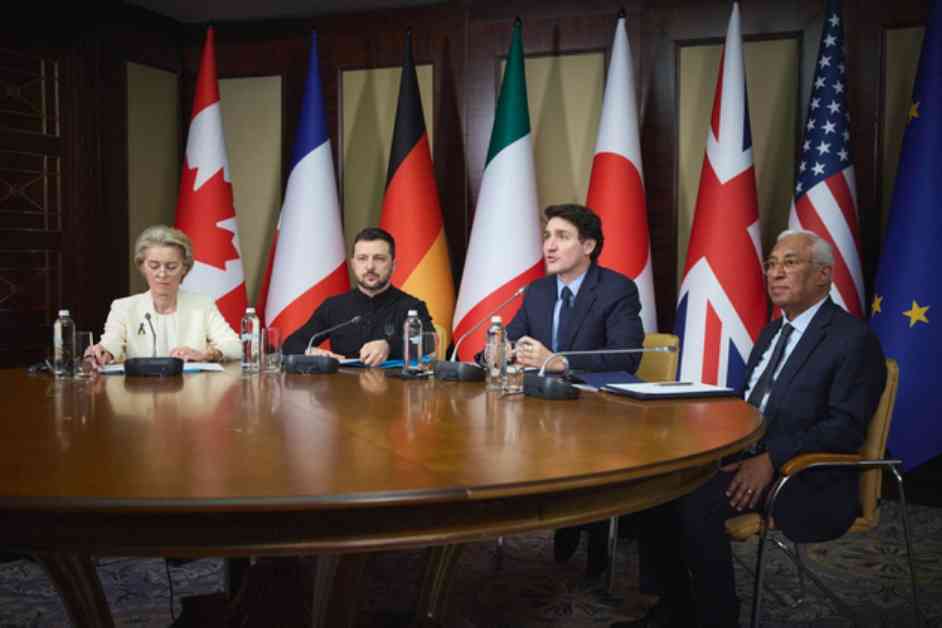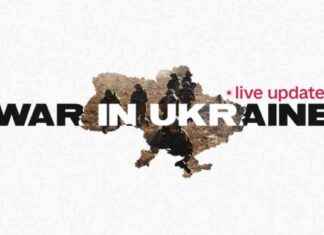World Leaders Rally Behind Ukraine: Trump-Zelensky Clash Sparks Global Outcry
European leaders swiftly came to the defense of Ukrainian President Volodymyr Zelensky following a contentious exchange with former US President Donald Trump that reverberated across the globe, raising concerns about the ongoing Russia-Ukraine conflict. The spat erupted when Trump publicly criticized Zelensky, questioning his gratitude and readiness for peace, in what many described as a shocking display of diplomatic discord.
Global Political Reactions
In a show of solidarity, European Union leaders, including Ursula von der Leyen and Antonio Costa, expressed unwavering support for Zelensky, emphasizing that he was not alone in his efforts for peace. The EU’s top diplomat, Kaja Kallas, underscored the need for a new leader to emerge on the world stage, suggesting that European powers should take charge in the face of shifting alliances.
French President Emmanuel Macron labeled Russia as the aggressor in the Ukraine conflict, firmly backing Zelensky’s position. Macron’s bold stance highlighted the importance of upholding international norms and supporting countries under threat of aggression.
Germany’s leadership also rallied behind Zelensky, with key figures like Friedrich Merz and Olaf Scholz emphasizing the distinction between aggressors and victims in the war. This nuanced approach underscored the complexities of the conflict and the need for clear, principled leadership in addressing the crisis.
International Support for Ukraine
Hungarian Prime Minister Viktor Orban, known for his close ties to both Trump and Russian President Vladimir Putin, commended Trump for his commitment to peace, underscoring the role of strong leadership in conflict resolution. Orban’s remarks added a layer of complexity to the geopolitical dynamics at play in the region.
Italian Prime Minister Giorgia Meloni called for a summit involving the US, Europe, and their allies to address the Ukraine conflict head-on, signaling a need for coordinated, strategic action to tackle pressing challenges. Meloni’s proactive stance reflected a sense of urgency in finding a path to lasting peace in the region.
Amidst the diplomatic turmoil, Poland’s Prime Minister Donald Tusk reassured Ukrainians of their steadfast support, emphasizing that they were not alone in their struggle. Tusk’s message of solidarity echoed sentiments shared by other European leaders, highlighting a united front in standing with Ukraine against external aggression.
Ukraine’s Response and Global Allies
Within Ukraine, Prime Minister Denys Shmygal affirmed Zelensky’s stance on the need for guarantees in any peace agreement, warning against a ceasefire without concrete assurances. Shmygal’s remarks underscored the gravity of the situation and the importance of safeguarding Ukraine’s sovereignty in the face of ongoing threats.
US Democrats, including Senate minority leader Chuck Schumer, criticized Trump and his associates for allegedly advancing Putin’s interests through their actions. Schumer’s condemnation reflected growing concerns about the influence of foreign powers on US foreign policy decisions and the need for greater transparency in diplomatic relations.
As global allies voiced their unwavering support for Ukraine, countries like Canada, Denmark, and Sweden reaffirmed their commitment to standing by Kyiv in its fight for freedom and security. The outpouring of solidarity from nations around the world underscored the shared values of democracy, sovereignty, and peace that bind international allies in times of crisis.
In conclusion, the clash between Trump and Zelensky has sparked a wave of global reactions, underscoring the complex web of alliances and rivalries shaping the geopolitical landscape. As world leaders navigate the challenges of the Russia-Ukraine conflict, the need for principled leadership, strategic cooperation, and unwavering support for Ukraine remains paramount in securing a just and lasting peace in the region.

















